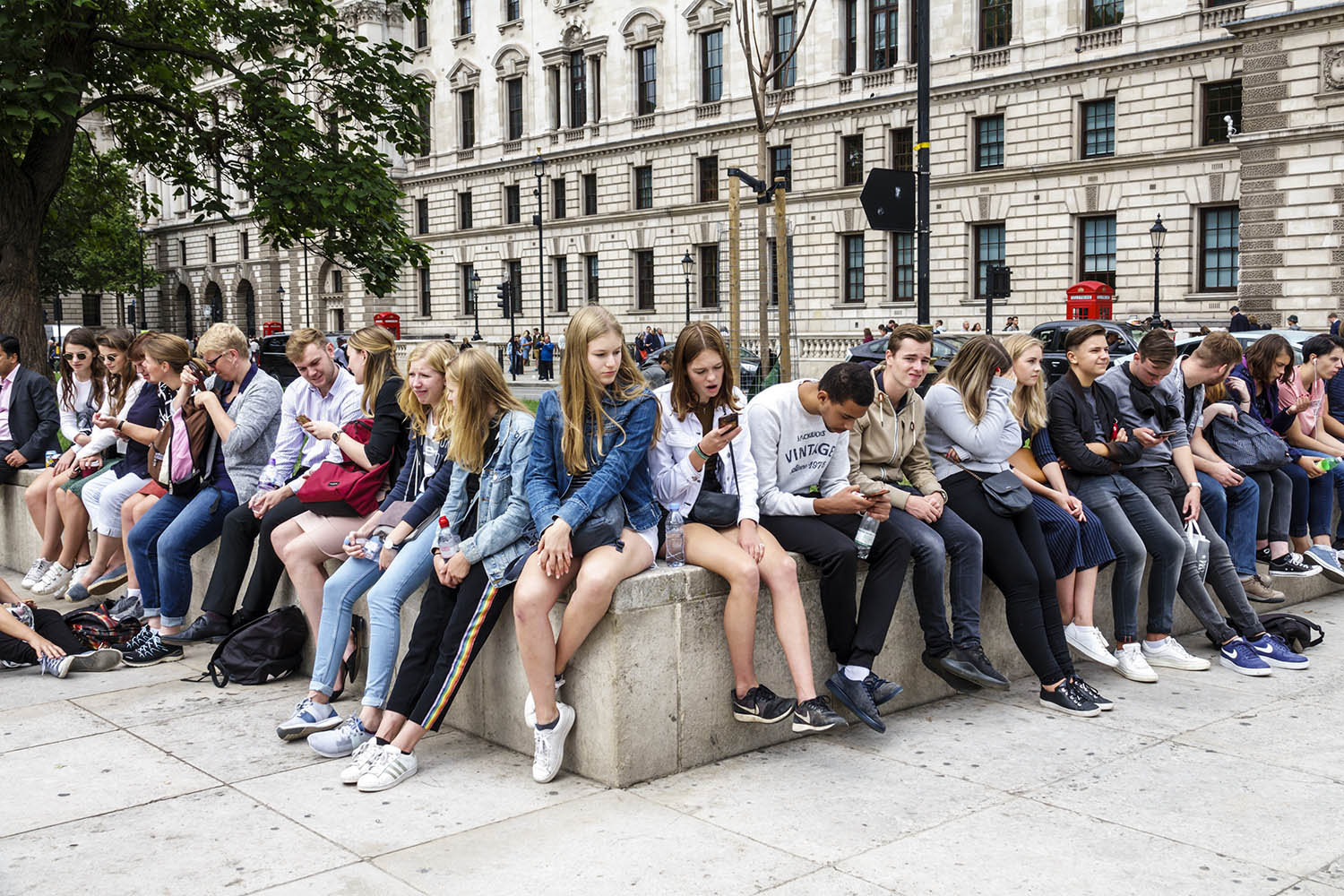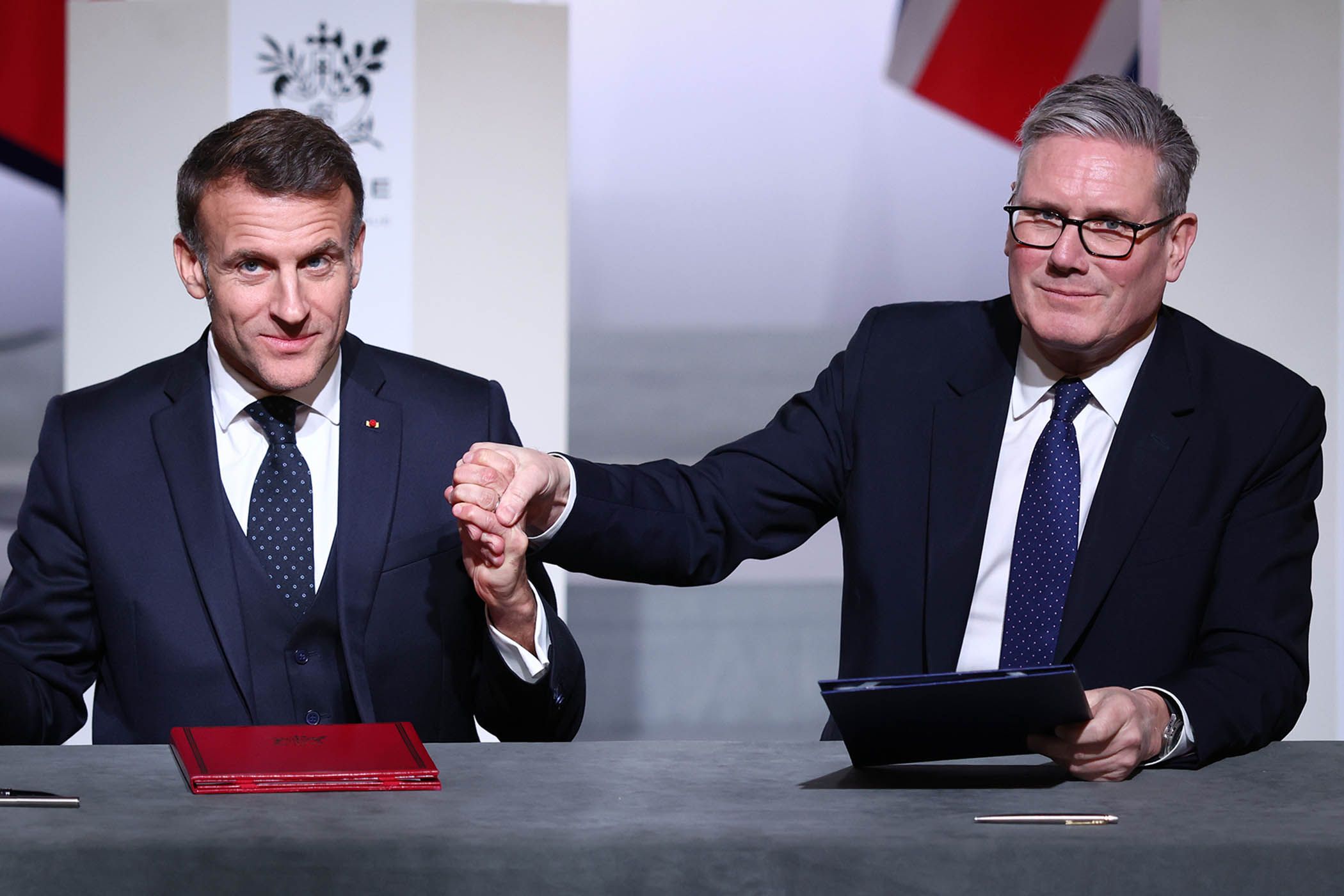“Democracy isn’t working but a dictator’s not better.” “Everyone’s angry. No one trusts anyone. That’s politics now.” “Farage tells it straight. The others just waffle.”
Three quotes, all from 16-year-olds. And if the democracy minister, Rushanara Ali, gets her legislation through in the autumn, they will all have the chance to vote at the next general election.
For the past eight months, I’ve been listening to 16- to 18-year-olds across England – hearing first-hand about their lives and frustrations. As someone in my mid-twenties, I thought I understood social media. But the generations behind me – my younger brother Zakeriya among them – are growing up in a different world. It’s faster, louder, more overwhelming. And the more I listened, the more I realised just how wide the gap has become.
Votes at 16 is a bold step forwards, but it comes with no guarantee that these new voters will back progressive parties. Reform UK’s Nigel Farage is gaining ground on the right with young people.
They are frustrated with democracy but they haven’t completely checked out. They have opinions. They care deeply about their futures. They want to be heard. They feel disconnected and unsure the system works for them. This uncertainty is common, reflecting a broader sense that their voices simply aren’t valued.
This year, we spoke to more than 700 students in sixth forms and colleges across England, from Sunderland to Bristol. Our survey revealed clearly how they want politicians to engage with them: use the media platforms they are already on, be authentic, and speak as though young people truly matter. One student from Oldham remarked bluntly: “Farage is everywhere on social media. We don’t hate Keir Starmer. We just don’t know him. We don’t know what he’s doing.”
Parties must adapt to a new ecosystem of podcasts, streamers and influencers
Parties must adapt to a new ecosystem of podcasts, streamers and influencers
This highlights the critical challenge facing mainstream parties – adapting quickly to a new media landscape. Over the past decade, a vibrant ecosystem of podcasts, streamers and influencers has emerged, shaping the cultural and political awareness of young voters. In the last US presidential election, Trump’s campaign dominated this space. He appeared on podcasts such as Andrew Schulz’s Flagrant and Theo Von’s This Past Weekend, bypassing traditional media to speak directly to young male audiences in their own language and on their own platforms. Unafraid of using podcasts and influencer-driven content, he connected directly with young voters, doing better than expected with them in swing states.
Andrew Tate gets the headlines, but he’s not the one shaping young minds most. It’s the more subtle influencers – podcasters, comedians, streamers – who blend entertainment with quiet right-leaning cues. They don’t preach political ideology per se but they do sell confidence, control and success. There’s always a product, always a price, always a promise. And beneath that promise is a worldview that subtly reinforces far-right ideas about success, gender and power. Young people might not call it politics, but it’s shaping how they see the world. If progressives ignore this space, they risk losing the argument before it even begins.
Related articles:
One issue dominated many of our conversations: knife crime. It was considered a symbol of politicians’ inability to listen or act. With few safe spaces outside home, such as community centres, it’s no surprise that the online world, in the safety of the bedroom, appeals more.
Young people are also worried about what comes next, and looking for leaders who offer answers. Parties that want success with them must present a hopeful vision. Labour’s introduction of votes at 16 could be a transformative moment, but only if the party starts listening. Young people are not asking for perfection; they are asking for honesty, engagement and respect.
Newsletters
Choose the newsletters you want to receive
View more
For information about how The Observer protects your data, read our Privacy Policy
There has been a lot of talk about elderly people but very little about the young. Perhaps votes at 16 will force the issue, promoting investment in youth clubs, school counselling, career support and spaces outside of school.
Young people have been shut out of politics for too long. This is the chance for their voices to be heard. No pressure, though – it’s just the future of democracy on the line.
Shuab Gamote is the co-author, with Peter Hyman, of Inside the Mind of a 16-Year-Old, a report due to be published this autumn
Photograph by Jeff Greenberg/Universal Images Group via Getty


